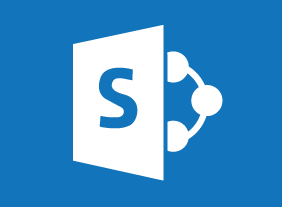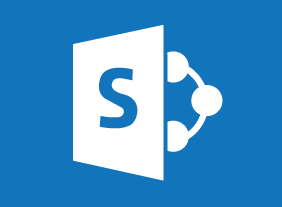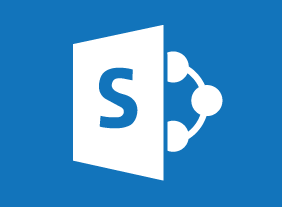-
Microsoft PowerPoint Online: Working with SmartArt
$99.00In this course you will learn how to create, modify, and format SmartArt. -
Introduction to HTML and CSS Coding: Getting Started with CSS
$99.00In this course you will learn how to add the "style" tag to the HTML code, add colors to elements with CSS, and use identifiers to select elements to style. -
Overcoming Objections to Nail the Sale
$99.00In this course, you will learn how to overcome objections, identify buying signals, and close the sale. You will also learn supporting skills, like building credibility, being observant, and communicating well. -
Windows 10: May 2019 Update: Navigation, Productivity, and Customization
$99.00In this course you will learn how to navigate the updated Start menu, use the updated taskbar and Action Center, use themes and emojis, and use the updated clipboard settings. -
Creating a Google AdWords Campaign
$99.00In this one-day course, you will learn how Google AdWords work, what pay per click means, the importance of correctly setting an AdWord budget, how to select keywords and set up ad groups, how to design a compelling ad, and how to make adjustments to increase success. -
Making Training Stick
$99.00In this course, youll learn ways to help make your training workshops stickier so that the learners will retain the material better. You will familiarize yourself with strategies that can help learning to stick with the audience in an effective and meaningful way. You will learn how to keep learners focused and motivated to absorb material. Also, you will learn ways to develop an effective training style, using appropriate training aids and techniques. -
Building Better Teams
$99.00After you complete this course, you will be able to understand the value of working as a team, develop team norms, ground rules, and team contracts ,identify your team player style and how it can be used effectively with your own team, build team trust, identify the stages of team development and how to help a team move through them, recognize the critical role communication skills will play in building and maintaining a team atmosphere, and identify ways that team members can be involved and grow in a team setting. -
NLP Tools for Real Life
$99.00This course will teach you about anchoring, establishing congruency, developing rapport, creating outcomes, interpreting and presenting information efficiently, and self-hypnosis. -
Measuring Training Results
$99.00In this course, you will learn how to measure training results using Donald Kirkpatricks four-level evaluation model. You will also learn about essential tools and techniques, including cost-benefit analysis and return on investment. -
Emotional Intelligence
$99.00This course will introduce you to the history of emotional intelligence and what its all about. Youll explore the most popular theories, including the EI blueprint, Martin Seligmans ABCs of optimism, the VALUE and SOLER techniques, Ekmans seven basic emotions, and Plutchiks wheel. Youll also explore your personal values and vision statement to help guide you in your emotional intelligence development.




































